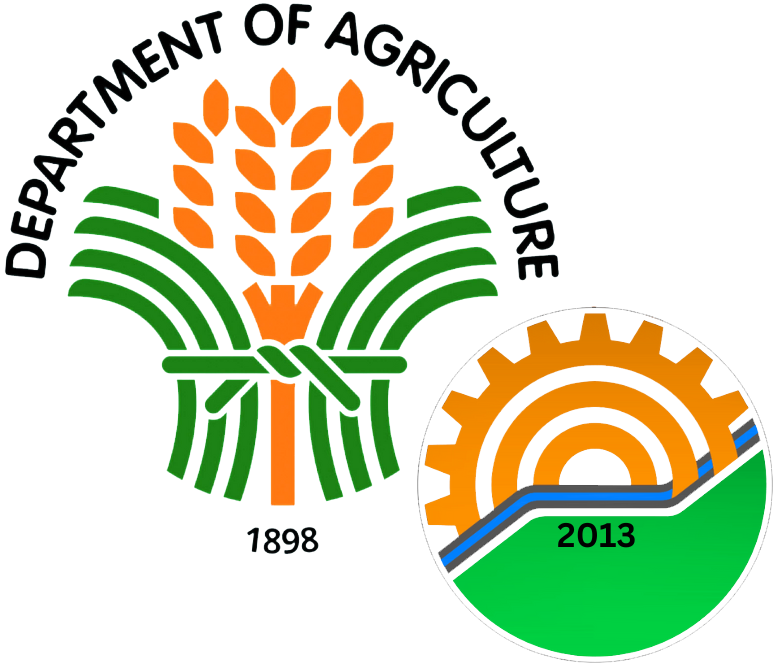

DEPARTMENT OF AGRICULTUREBUREAU OF AGRICULTURAL AND FISHERIES ENGINEERINGSugar Center, Annex II Building Extension, North Avenue, Diliman Quezon City




Cagayan de Oro City – In a bid to bolster the Agricultural and Biosystems Engineering (ABE) workforce and reinforce regulations that support agri-fisheries mechanization and infrastructure, the Department of Agriculture – Bureau of Agricultural and Fisheries Engineering (DA-BAFE) hosted a workshop from August 6 to 9, 2024, in Cagayan de Oro City. The event drew key stakeholders, industry experts, and government representatives to engage in critical discussions on the challenges and opportunities facing the sector.

BAFE Director Ariodear C. Rico, in his opening remarks, emphasized the crucial role of ABE professionals in the effective implementation of government programs and projects, particularly those related to agricultural and biosystems engineering. “Ang manpower component ay napakahalaga in the implementation of programs and projects ng ating gobyerno. We have the directive from the Secretary and even the Undersecretary for Operation na ayusin itong mga operators, technicians,” Dir. Rico noted, highlighting the need for a well-supported ABE workforce to ensure the success of these initiatives, alongside skilled operators and technicians.
The workshop served as a dynamic platform for participants to delve into pressing issues, including the shortage of ABE professionals, which is exacerbated by the high demand for these experts both locally and internationally. The lack of sufficient ABE plantilla positions in government and private institutions further complicates efforts to attract and retain qualified professionals, posing a significant barrier to the sector’s progress.
A focal point of the discussions was the enforcement of regulations that maintain the standards and quality of ABE professional practices nationwide. Ensuring that ABE professionals are at the forefront of mechanization and infrastructure development is crucial for boosting productivity and efficiency in the agricultural sector, which is central to the country’s food security and economic development.
However, participants raised concerns about the lack of modern laboratory and instructional facilities in Higher Education Institutions (HEIs) offering ABE education. This resource gap presents a formidable challenge in training the next generation of ABE professionals to meet both industry standards and the demands of a globalized economy. Without adequate facilities and equipment, the ability of these institutions to produce competent graduates ready to contribute to the sector is severely hampered.
Further discussions addressed the impact of globalization and the internationalization of professional services on the ABE sector. As the industry continues to evolve, ABE professionals are faced with new demands and expectations that require a more strategic and responsive approach. The workshop participants also explored perceived overlaps within the ABE profession, which could potentially dilute the effectiveness of their contributions. Clearer delineation of roles and responsibilities was recommended to enhance the profession’s impact.
As the workshop drew to a close, a call to action was made for strategic measures to address these gaps and strengthen the capabilities of ABE professionals. The participants underscored the importance of these measures in driving the sector forward and ensuring that the ABE profession remains dynamic, responsive, and aligned with national and global developments.
The workshop’s outcomes are expected to contribute significantly to the goals of the Philippine Agricultural and Biosystems Engineering (Phil ABE) 2023-2028 strategic plan, which aims to position the ABE profession as a key driver of national development. With the insights and recommendations generated during the workshop, BAFE and its partners are now better equipped to tackle the challenges ahead and capitalize on the opportunities to advance agri-fisheries mechanization and infrastructure across the country. This workshop marks a crucial step in the ongoing efforts to elevate the ABE profession and reinforce its role in enhancing the agricultural sector’s resilience and sustainability. The collaborative approach taken during this event reflects the shared commitment of all stakeholders to support the growth and development of the ABE workforce, which is vital to the nation’s progress.###BAFE-ICST
As of
As of
As of




All contents are in the public domain unless otherwise stated.
Learn more about the Philippine Government, its structure, how Government works and the people behind it.

Sugar Center, North Avenue, Diliman, Quezon City.
